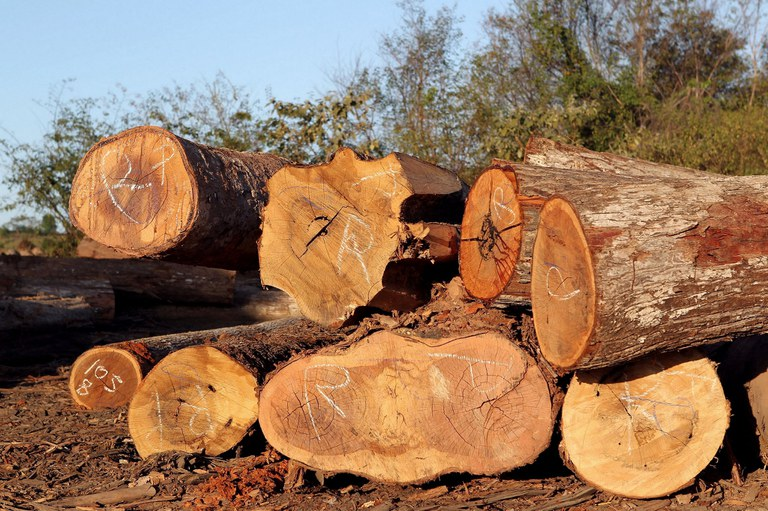PESHAWAR: An illegal timber scam worth Rs1.7 billion has rocked Khyber Pakhtunkhwa, exposing deep-rooted corruption and negligence within the PTI-led provincial government. The Forestry Planning and Monitoring Circle (FP&MC) confirmed that 2.3 million cubic feet of timber was seized during inspections.
The report revealed that as many as 140 officers and officials were directly involved in the illegal timber scam. Charge sheets have already been prepared, and show-cause notices approved. Several cases are being referred to the National Accountability Bureau (NAB) and the Anti-Corruption Department for further action.
The seized wood, collected mainly from Battagram’s Allai tehsil and surrounding regions, is valued at more than Rs1.7 billion. Officials admitted the figure may rise further as monitoring of three more compounds continues.
The inquiry, ordered by the provincial cabinet, reviewed woodlots, approved working plans, FDF schemes, the 2003 dry standing and windfallen tree policy, and illicit cutting operations. The findings laid bare systemic failures under the PTI government. Out of 370 cases inspected, 168 were clear, 91 carried minor issues, while 111 cases exposed major violations.
In terms of volume, 4.39 million cubic feet of timber was cleared, 1.545 million cubic feet was allowed after rectification, and 2.361 million cubic feet was seized due to gross violations. The worst discrepancies were uncovered in woodlots, where 64 out of 178 cases carried serious irregularities. In working plans, 25 of 79 cases revealed alarming misconduct. Similarly, 22 major violations surfaced under the dry standing and windfallen trees policy. Only the FDF schemes showed no major problems, while one minor irregularity appeared under illicit cutting policy.
The report noted that this illegal timber scam grew due to officials ignoring marking standards, violating working plans, and facilitating illicit cutting. The Forest Department has now begun disciplinary proceedings under the Efficiency and Discipline Rules 2011.
Sources disclosed that timber monitoring and harvesting inspections had been suspended for three years without justification. It was only in 2024, when the current KP government ordered surveillance to resume, that the scam came to light. Experts argue that this deliberate suspension under the PTI-led administration enabled timber mafias to thrive.
Government insiders say the ongoing crackdown may curb mafia influence and bring transparency in forestry operations. Yet environmental experts warn that unless strict accountability is enforced, Khyber Pakhtunkhwa’s fragile forest cover will remain under severe threat from corruption, negligence, and political complicity.
The exposure of this illegal timber scam once again highlights the incapability, non-professionalism, and corrupt practices that plagued the PTI government in KP, leaving the province’s natural resources vulnerable to exploitation.


